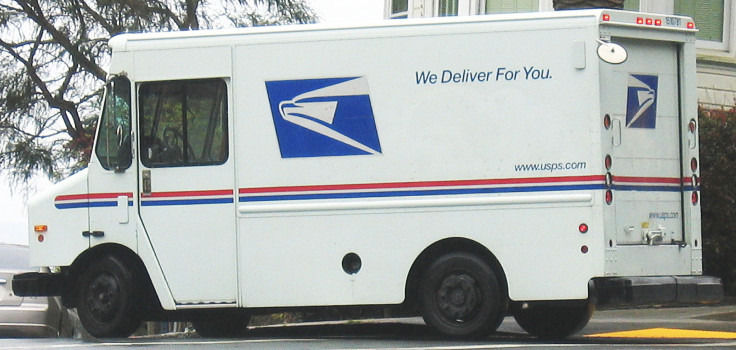
The United States Postal Service has announced that they will retract their original plan to curtail the Post Office's Saturday delivery. However, they did not do so upon their own accord.
In the spirit of the phrase "the mail must go through," Congress has passed legislation that requires the Post Office to continue six-day delivery. The Postal Service said the weekend cut would have been a $2 billion savings for the struggling government monopoly.
The rider prohibiting the Postal Service from cutting Saturday delivery was included as part of a spending bill passed by Congress in March. "The board will follow the law," wrote the USPS' Board of Governors, noting their hope for eventual legislation repealing the new stipulation. "Congress has left [us] with no choice but to delay this implementation," the statement read.
Some have said that despite Saturday being a weekend, it is not the lightest mail day. Some believe Tuesday or Wednesday would be the likeliest days to cut that would affect American commerce the least: Monday sees an influx of mail unable to be delivered or sent on Sunday, and so on.
Conservative and libertarian groups such as the Cato Institute have lamented the monopoly the United States Postal Service holds over our first-class mail commerce. Companies like UPS and Federal Express are only able to deliver parcels and the like. In a column in the Cato Journal, Douglas Adie writes that at the time of the founding of the Post Office, "private enterprise would not undertake [delivery tasks] voluntarily." A lot has changed since then, with the advent of the aforementioned companies. So with the Constitutionally established Postal Service, Americans are stuck with an increasing bureaucracy of letter carriers, postal workers and others, all of which are unionized.
Libertarian theory proposes that if private companies were allowed by law to deliver mail, they would effectively issue a "return to sender" message to the Post Office. Similar to mostly unsupervised monopolies like the Port Authority of New York and New Jersey, which oversees bridges, tunnels, and interstate mass transit in the New York City area, covering all crossings from Perth Amboy to the George Washington Bridge, the Postal Service's rates continue to increase while service either has declined or stagnated.
At $0.46, stamps cost a lot more than they did even ten years ago, and Americans still receive the same level of service for the most part. At $13.00 ($15 at the Verrazzano), the cost of simply crossing the Hudson River into New York has surpassed the price of a lunch at a casual restaurant in Midtown, and cars' suspensions are still feeling the effects of extremely rickety and constrictive passages such as the Goethals Bridge, a narrow bridge carrying Interstate 278 over the creek Arthur Kill, between Elizabeth, N.J. and Staten Island, for a small fortune.
While the Port Authority is embroiled in a lawsuit by a budget-minded commuter that may be tied up in court for some time as all sides but plaintiff Yoel Weisshaus seem to drag their feet on the issue, Congress is gradually applying pressure to the Postal Service to find more responsible ways to operate its business.
© 2025 Latin Times. All rights reserved. Do not reproduce without permission.




